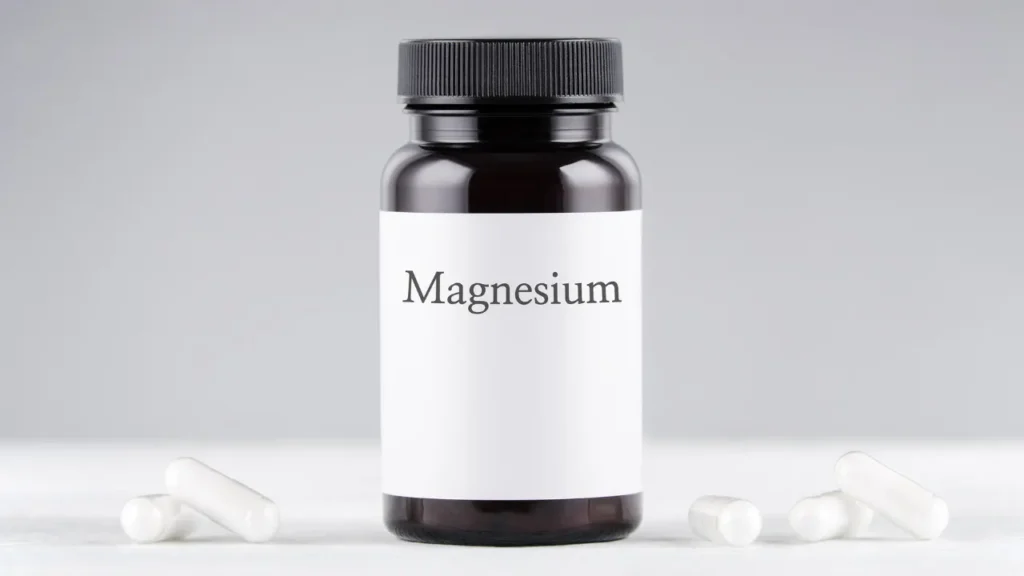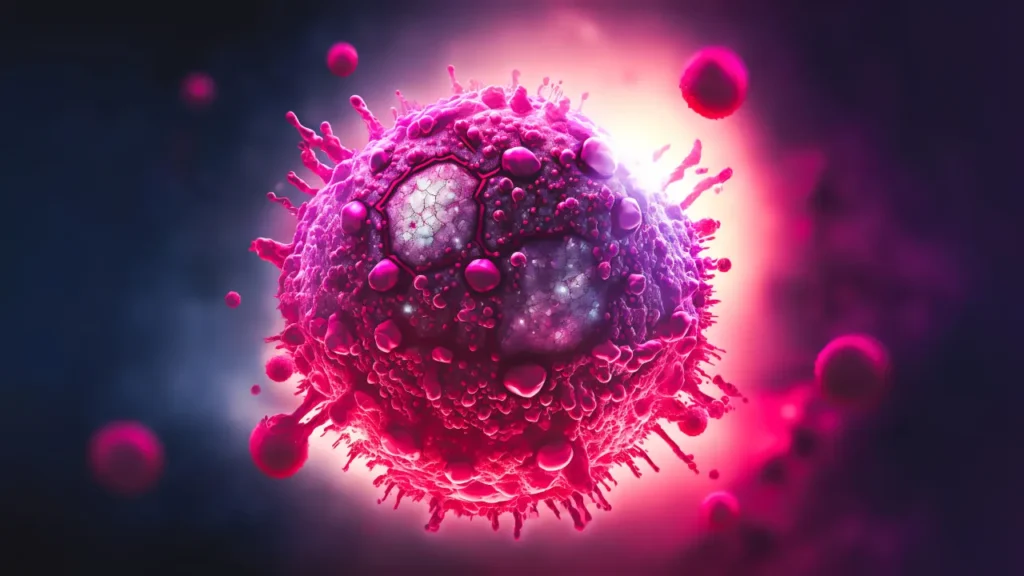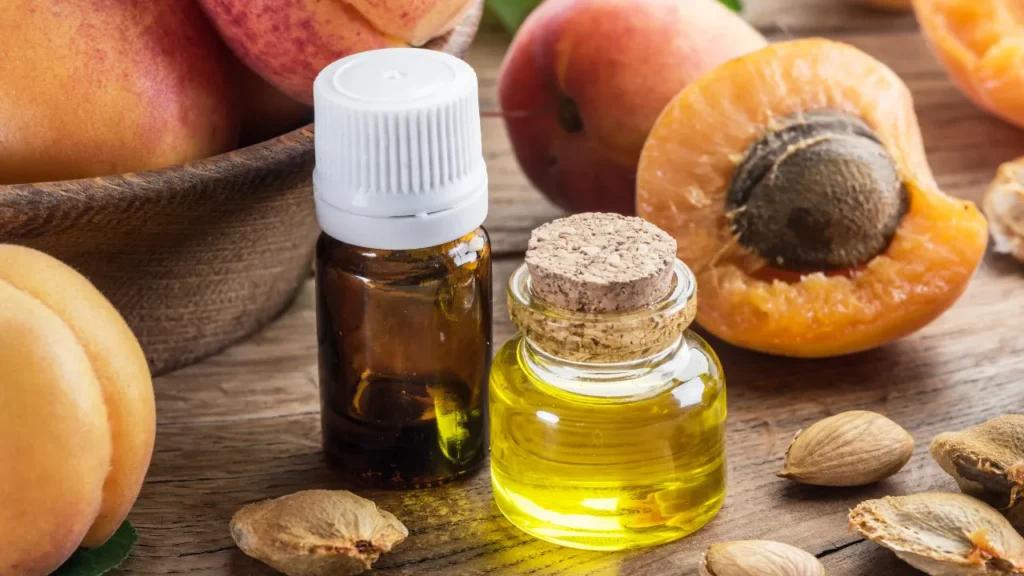The apricot fruit’s seed is known as the apricot kernel. It has been utilized for many years as a dietary supplement in traditional medicine for a number of health advantages. Amygdalin, a substance with anti-cancer qualities, is abundant in apricot kernels, which are also high in nutrients. However, the cyanide concentration of apricot kernels has raised questions regarding their safety. This page will give a thorough overview of apricot kernels, covering their nature, health advantages, recommended dosage, adverse effects, possible drug interactions, and appropriate usage.
You May Also Like:
5 Things to Consider When Choosing the Best Mushrooms for Mental Health
Apricot Kernel: Benefits, Dosage, Side Effects, Drug Interactions, And Other Important Information is an original (NootropicsPlanet) article.
Nature of Apricot Kernel
The seeds found inside apricot fruits are known as apricot kernels. They have a hard exterior and are small with an oval form. There are two varieties of apricot kernels: bitter and sweet. Amygdalin, a substance that can be transformed into cyanide in the body, is present in higher concentrations in bitter apricot kernels. Sweet apricot kernels are safer to eat since they have lower quantities of amygdalin.
Protein, fiber, good fats, vitamin E, and minerals, including magnesium, potassium, and iron, are abundant in apricot kernels. Additionally, they include phytochemicals with antioxidant characteristics, such as flavonoids and carotenoids.
Health Benefits of Apricot Kernel
- Amygdalin, a substance present in apricot kernels, has been discovered to have anti-cancer potential. It is thought to function by causing cancer cells to release cyanide, which causes them to die. However, additional investigation is required to establish amygdalin’s efficacy as a cancer treatment.
- Heart health: Apricot kernels are a good source of vitamin E and heart-healthy lipids; both are present in high concentrations. The oxidation of LDL cholesterol has been proven to be stopped by vitamin E, which lowers the risk of heart disease.
- Skin health: Apricot kernels are advantageous for skin health due to their vitamin E concentration. Antioxidant vitamin E aids in defending the skin against oxidative stress brought on by free radicals.
- Digestive health: Fiber is crucial for the digestive system and is present in apricot kernels. Fiber can assist in lowering the risk of constipation and encourage regular bowel motions.
- Bone health: Minerals like magnesium and potassium, which are crucial for the health of bones, are abundant in apricot kernels. Magnesium is necessary to grow and maintain strong bones, whereas potassium slows the body’s calcium loss.

Chemistry of Apricot Kernel
A significant amount of the cyanogenic glycoside amygdalin can be found in apricot kernels. Two glucose molecules, one benzaldehyde molecule and one hydrogen cyanide molecule make up the substance known as amygdalin. The possible toxicity of apricot kernels is due to the presence of the hydrogen cyanide molecule in amygdalin.
Amygdalin is hydrolyzed by beta-glucosidase enzymes found in the gut and other organs when broken down in the body. Glucose, benzaldehyde, and hydrogen cyanide are all released during this process. The rhodanese enzyme then converts hydrogen cyanide into thiocyanate, which is eliminated in the urine.
Consuming apricot kernels releases a small quantity of cyanide under normal circumstances, which poses no health danger. However, cyanide poisoning can result from eating too many apricot kernels or from eating them while they are bitter or unripe.
Physiological Mechanisms of Action
The primary mechanism of action is the ability of amygdalin in apricot kernels to cause the release of cyanide in cancer cells. Beta-glucosidase enzymes on the surface of cancer cells can degrade amygdalin and release cyanide. However, normal cells are unaffected by amygdalin since they lack these enzymes.
Cyanide is a powerful toxin that inhibits the action of enzymes necessary for cellular respiration, which causes the cells’ ability to absorb oxygen to decrease. Cancer cells are killed as a result because they consume more energy than healthy cells and are more vulnerable to the effects of cyanide.
However, there is ongoing debate regarding the efficacy and safety of amygdalin as a cancer treatment. While some studies have yielded encouraging findings, others have found no benefit or even negative outcomes.
Apricot kernels may have anti-cancer effects, but they also include vitamins, minerals, and phytochemicals with various health advantages. For instance, it has been demonstrated that vitamin E in apricot kernels possesses antioxidant qualities that help shield cells from damage brought on by free radicals.

Optimal Dosage of Apricot Kernel
The ideal apricot kernel dosage varies depending on the person and their medical requirements. Bitter apricot kernels should only be eaten in moderation because they contain greater quantities of the stress hormone amygdalin. For sweet apricot kernels, 1-2 kernels per day are advised, whereas for bitter apricot kernels, 1/4–1/2 kernels per day is advised.
Cyanide poisoning, which can be lethal, can result from consuming an excessive amount of apricot kernels. Signs of cyanide poisoning can include headaches, dizziness, nausea, vomiting, and breathing difficulties. Consult a doctor immediately if you develop any of these symptoms after eating apricot kernels.
Side Effects of Apricot Kernel
Consuming bitter apricot kernels raises the most red flags due to their high cyanide concentration. Higher quantities of amygdalin, which the body can turn into cyanide, are present in bitter apricot kernels. Cyanide poisoning, which can be lethal, can result from consuming an excessive amount of apricot kernels. It’s crucial to consume apricot kernels in moderation and to stick to the daily intake guidelines.
The following are other adverse effects of eating apricot kernels:
- Some people may be allergic to apricot kernels and display allergic responses such as hives, swelling, and breathing difficulties.
- Digestive problems: Eating many apricot kernels might lead to digestive issues like nausea, vomiting, and diarrhea.
- Hypoglycemia: Consuming a lot of apricot kernels can lower blood sugar levels, which in people with diabetes might result in hypoglycemia.
Before ingesting apricot kernels, speaking with a medical practitioner is crucial, especially if you have any existing health issues or are taking any drugs.

Potential Substance Interactions with Apricot Kernel
Certain medicines may interact with apricot kernels, such as:
- Antidepressants: Apricot kernels contain substances that may interact with several antidepressants, including monoamine oxidase inhibitors (MAOIs), and may result in a condition known as serotonin syndrome, which may be fatal.
- Blood thinners: Apricot kernels can interact negatively with drugs that thin the blood, such as warfarin, raising the risk of bleeding.
- Diabetes medications: Apricot kernels’ ability to reduce blood sugar levels may interact with diabetes drugs and raise the risk of hypoglycemia.
If you are on any drugs, it is crucial to speak with a healthcare provider before ingesting apricot kernels.
Best Responsible Uses of Apricot Kernel
Consuming apricot kernels in moderation and following the suggested daily consumption is advised. Bitter apricot kernels, which contain more amygdalin and should be eaten in moderation, are riskier to eat than sweet apricot kernels.
Before ingesting apricot kernels, speaking with a medical practitioner is crucial, especially if you have any existing health issues or are taking any drugs. Additionally, apricot kernels shouldn’t be consumed by pregnant or nursing women.
Apricot Kernel:
Conclusion
While apricot kernels contain certain nutrients and compounds that may have potential benefits for preventing chronic diseases, alleviating pain and respiratory symptoms, and improving digestion, the risks associated with amygdalin toxicity outweigh any potential advantages. It’s essential to consult with a qualified healthcare professional before considering any alternative or complementary treatments, especially those with potential safety concerns like apricot kernel supplements.

References:
- “Apricot kernel.” University of Michigan Health Library. Retrieved from: https://www.uofmhealth.org/health-library/hn-10008947
- “Laetrile/Amygdalin (PDQ®)–Patient Version Retrieved from: https://www.cancer.gov/about-cancer/treatment/cam/patient/laetrile-pdq
- “Chemical composition and in vitro evaluation of the cytotoxic and antioxidant activity of the oil from Prunus armeniaca L. kernels.” Science Direct. Retrieved from: https://www.sciencedirect.com/science/article/abs/pii/S0926669012003767
Important Note: The information contained in this article is for general informational purposes only, and should not be construed as health or medical advice, nor is it intended to diagnose, prevent, treat, or cure any disease or health condition. Before embarking on any diet, fitness regimen, or program of nutritional supplementation, it is advisable to consult your healthcare professional in order to determine its safety and probable efficacy in terms of your individual state of health.
Regarding Nutritional Supplements Or Other Non-Prescription Health Products: If any nutritional supplements or other non-prescription health products are mentioned in the foregoing article, any claims or statements made about them have not been evaluated by the U.S. Food and Drug Administration, and such nutritional supplements or other health products are not intended to diagnose, treat, cure, or prevent any disease.


